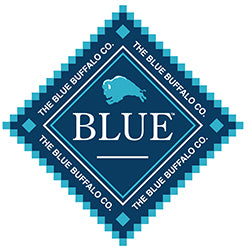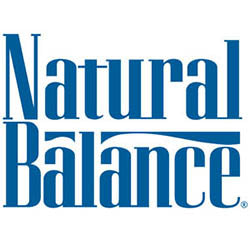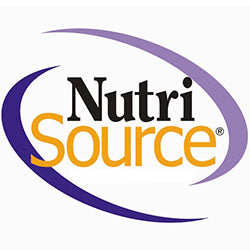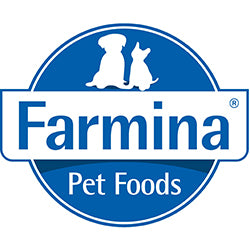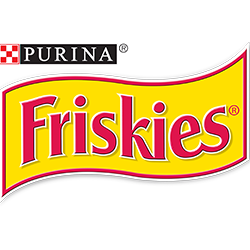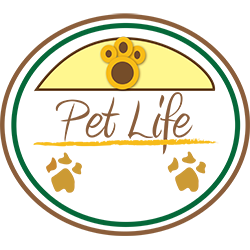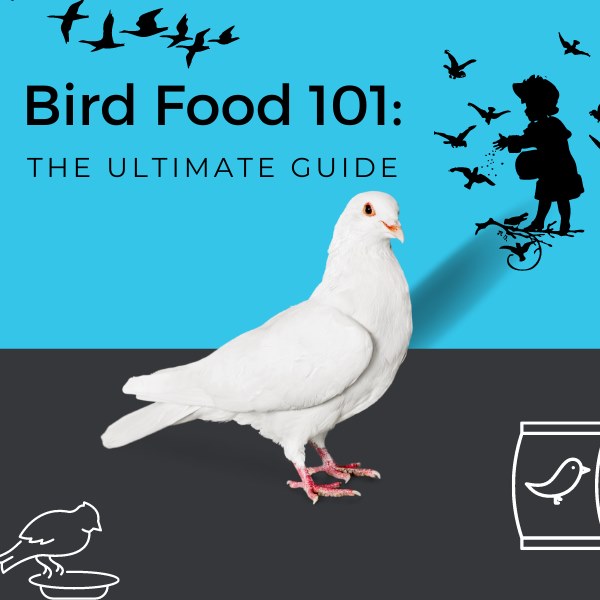
Bird Food 101: The Ultimate Guide
When you visit the supermarket and see all of the different bags of food, it's natural to get overwhelmed and question which seeds and mixes are ideal for your backyard birds. However, garden bird feeding can be a lot of pleasure for wildlife and bird enthusiasts of all ages so that you and the birds are both safe.

Whether you're new to bird feeding or annoyed by the quantity of food wasted at your feeders, you may expect to learn the following things today if you read:
- What are the benefits of feeding your birds all year round?
- The ten most popular and widely used varieties of bird food.
- The nutritional value of each recommended meal and the kind of birds it will attract.
Let's get started by answering what and why.
How Do Birds Feed?

Insects, seeds, and fruits make up most of a songbird's diet. These are the delicacies you may use to greet our feathery friends and prepare the table for them. Offering food in a tube, hopper, or platform feeder is the simplest and most common approach to start drawing birds to your yard.
Different birds enjoy different seeds. However, the black-oil sunflower attracts the highest number of species. This is because this seed contains a significant meat-to-shell ratio and, despite its small size, provides a lot of nourishment. Other small-quantity seeds to search for are golden and white safflower, peanuts, sunflower hearts, white millet, and maize.
Therefore, oil-rich seeds like sunflower hearts, whole sunflower seeds, and peanut granules are found in the finest mixes. So, anytime you consider bird food to page into your shopping cart.
Dunnocks, House sparrows, finches, collared doves, and reed buntings like tiny seeds like millet, while blackbirds prefer flaking maize. Sunflower hearts, peanuts, and sunflower seeds are favorites of tits and greenfinches.
Big chunks or entire nuts in mixes are only suited for winter feeding since tiny and immature birds can choke on large bits.
Why It's Crucial to Feed Your Birds Throughout The Year?

You don't have to be a bird feeding guru to figure out that an empty feeder won't attract many birds. So preferably, keep your feeders stocked with tasty birdseed and food to keep your birds happy!
For various reasons, nourishing your birds all year is an excellent idea.
You may provide more food and water to parental birds in the spring to ensure that their young chicks grow during the breeding season. Although our backyard birds have a variety of food sources throughout the summer, dry ground and a lack of water can cause birds to become dehydrated and unable to obtain the additional delectable fat treats (such as mealworms) they require. Many migrating birds come to bird feeds hungry in the second part of the year, and most birds in our gardens prepare themselves for the winter months by seeking out more fatty nutrition.
Late in the summer, birds begin to shed their feathers and develop new ones, all the while staying warm during molting, which takes a lot of energy. As a result, supplying an energy-dense food source is critical for the birds' health and survival at all times of the year. While food scarcity can arise at any point during the year, the benefits of garden feeding are most remarkable in the winter and spring as natural food supplies are at their lowest.
However, you must exercise extreme caution while purchasing bird food! Many companies entice you in with low costs by convincing you to buy a 50-pound bag of "General Birdseed" mix with lovely cardinal and finch photos on the package.
The top Choices of Bird Foods to Purchase
Unless you can only serve one type of food at your feeders, sunflower seed would be your choice! Sunflower is not only loved by a variety of bird species, but it's also easy to come by and quite affordable.
Whether you believe it or not, there are three types of sunflowers available for bird feeding, each serving unique benefits and purposes.
Kaylor of Colorado Conure & Lovebird Sweet Harvest Bird Food

In 1977, Sweet Harvest was created and released for the first time. There was a relatively limited assortment of natural items for birds and small animals at the time. The bulk of the items on offer was just artificially colored and flavored. Sweet Harvest was the first to use all-natural ingredients to produce its vibrant look. Kaylor of Colorado additionally adds vitamins to its mixes, utilizing a proprietary application method that offers a balanced benefit for all dogs. When you feed Sweet Harvest foods to your pet for the first time, you will notice positive changes in their health and emotional well-being.
Zoo Med Laboratories Can O' Mini Size Crickets
Great for freshly acquired chicks, heat-stressed backyard hens, and companion birds during difficult adjustment times!
- Hydration, neuron and muscle activity, and other biological activities are all regulated by electrolytes.
- Vitamin C is an antioxidant that is beneficial to the immune system.
- Beta-carotene assists in feather pigmentation and is converted to vitamin A, an antioxidant.
- B vitamins aid in the healthy functioning of the metabolism and energy levels.
- Probiotics require prebiotics as a source of energy.
- Probiotics are beneficial to gut health. It contains a source of four live (viable) microorganisms that exist naturally.
- There aren't any fat-soluble vitamins! Use in conjunction with a regular vitamin supplement regimen.
All these and more come in crickets of smaller size. Most tiny birds and other small creatures will thrive on this nutrition.
Higgins® Spray Millet Birds Treats
Indeed, every bird adores Higgins® Spray Millet. This feed has a natural delight and an antique gold hue and is Non-GMO, pesticide-free, selected by hand at harvest. Higgins® Spray Millet is also unprocessed, with no preservatives added. Plus, it is a nutrient-dense natural forage delight.
Lafeber's® Avi-Cakes

Avi-Cakes are a 50/50 mix of quality seeds and nutritionally balanced pellets manufactured with non-GMO ingredients and bound with a delicious molasses binder. Its square form is ideal for your cockatoo and macaw to grab, tug, twist, and chew to stimulate the foraging instincts of birds.
Conclusion
Serving high-protein live or dried mealworms as a supplement is a delight among most backyard birds, particularly around nesting season. However, don't get disheartened should you set up a new feeder and don't see any birds immediately away. Birds are creatures of habit, and it might take up to a month for them to notice a new feeder.
- Choosing a selection results in a full page refresh.

